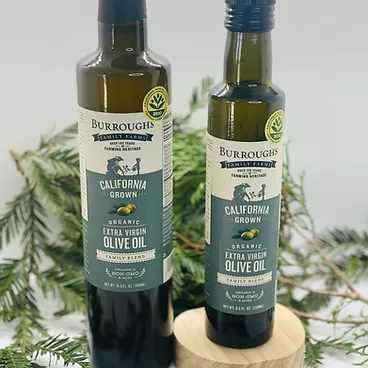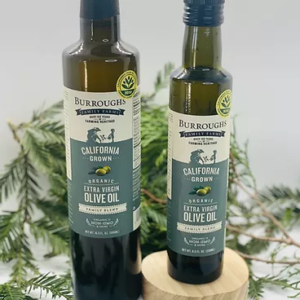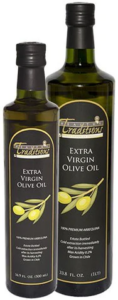Here is the link to view all the recommended real foods.
Olive oil should be consumed very sparingly. Peat has suggested no more than a couple TBLE (tablespoons) per day.
It should be purchased as fresh as possible and any extra stored in the refrigerator until use.
Fresh olive oil (buy high quality, organic and/or tested glyphosate free) is anti-inflammatory.
Peat recommends using olive oil for the carrot salad over say using coconut oil, because he thinks it’s more anti-inflammatory than coconut oil.
The olive oil industry is another industry that’s highly fraudulent. Many olive oils are cut and sold with high linoleic acid cottonseed or other seed oils.
Many brands are rancid even before they are purchased as they sit unstable on grocery shelves or in warm warehouses.
It’s difficult to determine if any particular brand has cut in other oils, or let sit in warm places, including organics. The “refrigerator” test is not accurate.
I suggest only looking for organic varieties and varieties promising glyphosate-free testing as well as brands from small-farm estates that have quality reputations.
HACK: The price point can often determine a more quality brand. A simple 500 ML (16.9 oz.) bottle might be $25.
I can recommended the following two suppliers:
Look for quality, pesticide-free Olive Oil here (organic, local to USA, small farm) or my favorite here (glyphosate and pesticide free as well as tested for use of any cut-in oils).
HACK: Buy olive oil in small batches and keep any extra bottles in the refrigerator until the day before you need to start using the next bottle. It’s best when it’s fresh. Real olive oil (not the cottonseed oil that is often substituted) is delicate and can begin to go rancid and loose its beneficial qualities far earlier than many people think.






